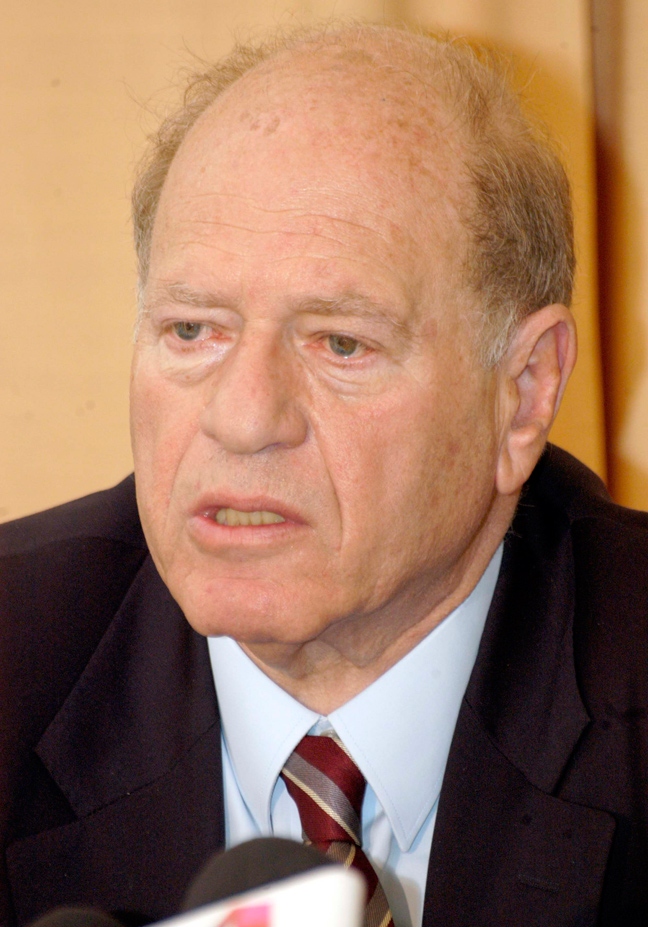Gerassimos D. Arsenis obtained a Law degree from the Law School of the University of Athens (1955) and pursued his post-graduate studies in economics at the Massachusetts Institute of Technology (MIT, 1956-1960). His work on “The Two – Gap Analysis: A Proposal for North – South Cooperation” attracted attention in international circles and served as the basis for negotiations at UNCTAD I (United Nations Conference on Trade and Development, 1964) especially with regard to (a) the preference schemes for Trade in Manufactures and (b) the 0.7% target for ODA (Official Development Assistance).
- Between 1960 – 1964, he served as Economist in the United Nations Secretariat (Prebisch Group) for the preparation of UNCTAD.
- In 1964, he was appointed Director of the Research Division of the OECD Development Centre in Paris and remained in that position until 1967.
- In 1967, he was appointed Senior Economist and in 1974 Director at United Nations Conference of Trade and Development (UNCTAD). During that period, he engaged in research and participated in negotiations relating to the reform of the International Monetary System.
- Between 1974 – 1980, he served as an independent expert of UNCTAD to the Ministerial Committee of Twenty on the Reform of the International Monetary System (later known as the IMF “Interim Committee”).
- He contributed to various proposals including (a) the link between the creation of international liquidity (SDRs) and development assistance and (b) the coordination of programme assistance of the World Bank and the balance-of-payments financing of IMF for an effective stabilization cum development support scheme.
- He worked out guidelines for debt-rescheduling which were adopted in the UNCTAD ministerial meeting in 1977 and participated in the “Paris Club” (an independent body, which is responsible for negotiations of sovereign debt).
- He advised a number of Governments on issues concerning foreign exchange policy, external financing and debt rescheduling.
- In 1982, he was appointed by the United Nations Economic and Social Council as member of the U.N. Committee of Development Planning, a post he maintained until 1992.
- In November 1981, he was appointed Governor of the Bank of Greece, a post he maintained until February 1984. During that period, he oversaw the liberalization of the Greek financial system and modernized financial regulations.
- In July 1982, he was appointed Minister of National Economy and in March 1984 he assumed – in addition – the duties of Minister of Finance, posts he maintained until July 1985. In these capacities, he introduced the VAT and promoted decentralized development plans in the framework of participatory democracy and pursued policies for improving the competiveness of the economy.
- Between October 1993 and September 1996, he served as Minister of National Defense. He promoted the new Defense Dogma for Greece and Cyprus, restructured the Defense procurement, and pursued policies of co-operation in the Defense arena with a number of countries in the broader region.
- In September 1996, he was appointed Minister of National Education and Religious Affairs, a post he maintained until April 2000. During that period, he pursued a major reform throughout the education system, from kindergarten to life-long education.
- He is President of the Athens Development and Governance Institute (ADGI INERPOST) (January 2005 ).
- He is a member of the Parliament (1985-2004 and from September 19th, 2006) elected in the District of Athens.
- Member of the Central Committee of PASOK since 1990 and member of the Executive Committee of PASOK (1990 – March 1999).
- He speaks English and French.
- He is married to Louka Katseli, Professor of Economics at the University of Athens and Director of the Development Centre of OECD, and they have four children.
- He passed away on Tuesday 19 April 2016

